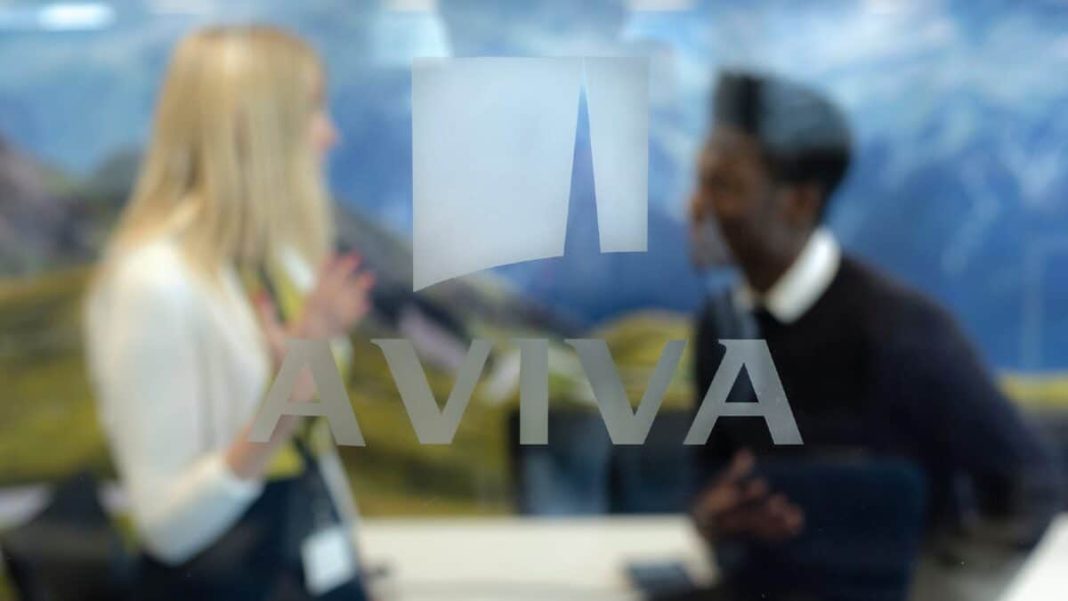Insurance company Aviva (LSE: AV) looks like a potential bargain at the moment. The Aviva share price-to-earnings (P/E) ratio is just 9.
When I see a blue-chip company that has a P/E ratio in single digits, it can grab my attention. But that is only one valuation metric, so as an investor it is important to take a rounded view of a company’s valuation.
Earnings are inconsistent
For starters, what is that P/E ratio based on?
Last year, Aviva’s basic earnings per share came in at 37.7p. But the prior year, the company recorded negative basic earnings per share of -34.7p. The year before that had been positive, but at 5.85p, it was far below what was achieved last year. Clearly, earnings at Aviva can move around significantly, meaning the P/E ratio may be a less useful valuation tool here than it can be for some other companies.
As an insurance company, differences in underwriting results from one year to the next can impact earnings. For example, there might be an unusually damaging storm. Additionally, changes in the value of investments an insurance company holds can also affect profitability in any given year.
Over the long run, though, I am optimistic about the commercial outlook for Aviva. Demand for insurance is likely to remain high, its brands are well known, it has a customer base approaching 20m (almost 5m British customers hold multiple policies with the firm) and an increased focus on core markets in recent years has helped streamline the formerly sprawling business.
Lots to like, but also some risks
The business is still unwieldy but it is a powerful money making machine. In the first half of this year, for example, it made an operating profit of £875m. General insurance premiums in the six-month period topped £6bn.
Aviva cut its dividend a few years ago but has since been growing it again.
The interim payout grew by 7%. The dividend yield now stands at 7.4%, which for a blue-chip FTSE 100 business such as this one, I find attractive.
Insurance is a difficult business, though, and there are always risks, as rival Direct Line’s very mixed performance in the past few years has demonstrated.
Premium pricing has moved around a lot in the UK and Ireland in recent years. That has worked to underwriters’ advantage, but I also see scope for movement in a downwards direction, if one firm tries to win business by competing more aggressively on price. Given the importance of the UK market to Aviva’s overall performance, I see that as a risk to the firm.
But I think investors should consider acting on the current Aviva share price. I think it represents good value for a firm with a long growth runway, proven business model, generous dividend, and focussed business strategy.


